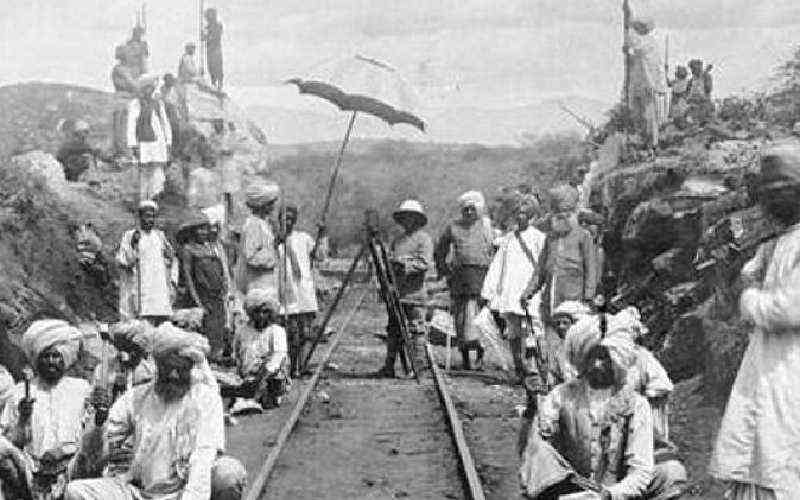×
The Standard e-Paper
Kenya’s Boldest Voice

Early days: Construction of the original line began in Mombasa 1895 and the railway reached Nairobi in 1899. [File, Standard]
If former British Prime Minister Winston Churchill were to rise from the dead and walk into 10 Downing Street today, he would have a fit. He would be jolted to be received by Rishi Sunak.